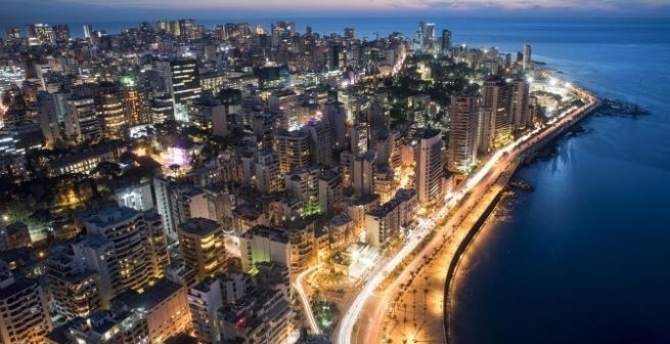Daily power blackouts are a constant part of life for Lebanese residents. The Lebanese Institute for Market Studies (LIMS) has recently had success toward eliminating the state monoploy on the production of power in order to prevent these shortages through its project “Turn the Lights On in Lebanon.”
LIMS had succeeded in both reducing subsidies to the state-run sectors that are responsible for 50 percent of the nation’s deficit. In addition, through its advocacy, the private sector is now able to enter into energy production.
Lebanon has laid the precedent to allow for a private company, not only the government, to produce electricity. The Hariri government decided to adapt a Build-Operate-Transfer (BOT) model at the new Deir Amar power plant. Originally, the company J&P Avax was supposed to only build the power plant, with the Lebanese government intending to manage the plant under the national electricity company. However, this has changed. Now the contract allows J&P Avax to invest, manage, and sell the electricity to the government, making J&P Avax the first privately-owned electricity company in Lebanon. This new framework saves the government the cost of investment, operation, maintenance, and taxes. It also transfers part of the risk to the company and reduces overall costs.
This is not the first time that LIMS has worked to address this problem. Back in 2017, Atlas Network interviewed the president of LIMS, Patrick Mardini, for our fall issue of Freedom’s Champion. In this interview, Mardini spoke about the impact of government control on the energy sector.
During that interview, Mardini said, “People in Lebanon suffer from an average of 12 hours of rolling blackouts everyday.” From being stuck in elevators for 4 hours, to living without steady water due to power shortages, or to life support machines being turned off, average citizens are the ones being burdened with the consequences of shortages.
Despite it being technically illegal to produce power privately, people were turning to private production — via generators — in order to overcome government failure. As of 2017, private generators offered services to 70 percent of households during blackouts. In 2016, LIMS started the campaign “Legalize Electricity,” in the hopes of allowing the private production of power to expand outside of the black market and reach those in need.
“I am currently using cheap generators that are noisy, polluting and not very efficient,” said Abdullah, an entrepreneurwho provides electricity during blackouts. “I would like to build more efficient power plants. I can handle all the logistics, and I already have a good client base … Once it’s legal, I would be able to borrow funds from the bank or attract investors to grow my business, which I cannot do right now.”
For people like Abdullah, the most recent victory from LIMS and its “Turn the Light On in Lebanon” campaign marks the first step toward being able to expand their services and deliver electricity to people in need.
Click here to read the article on Atlas Network’s official page

